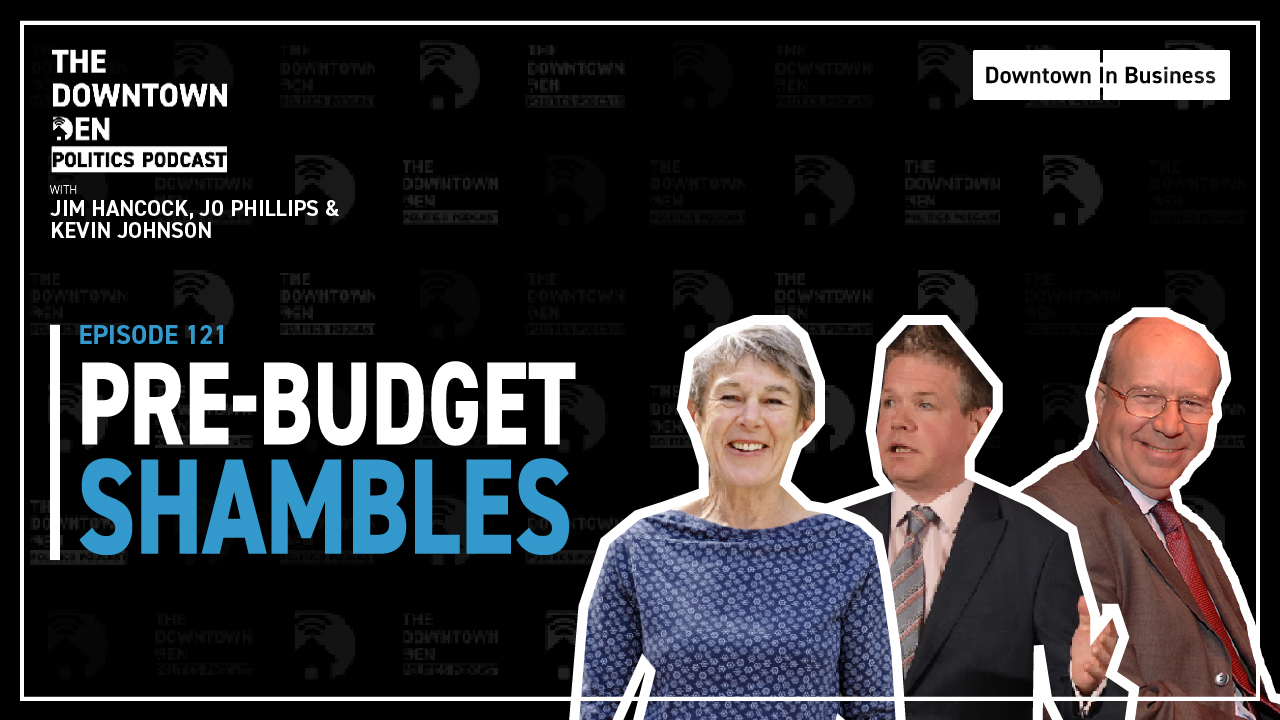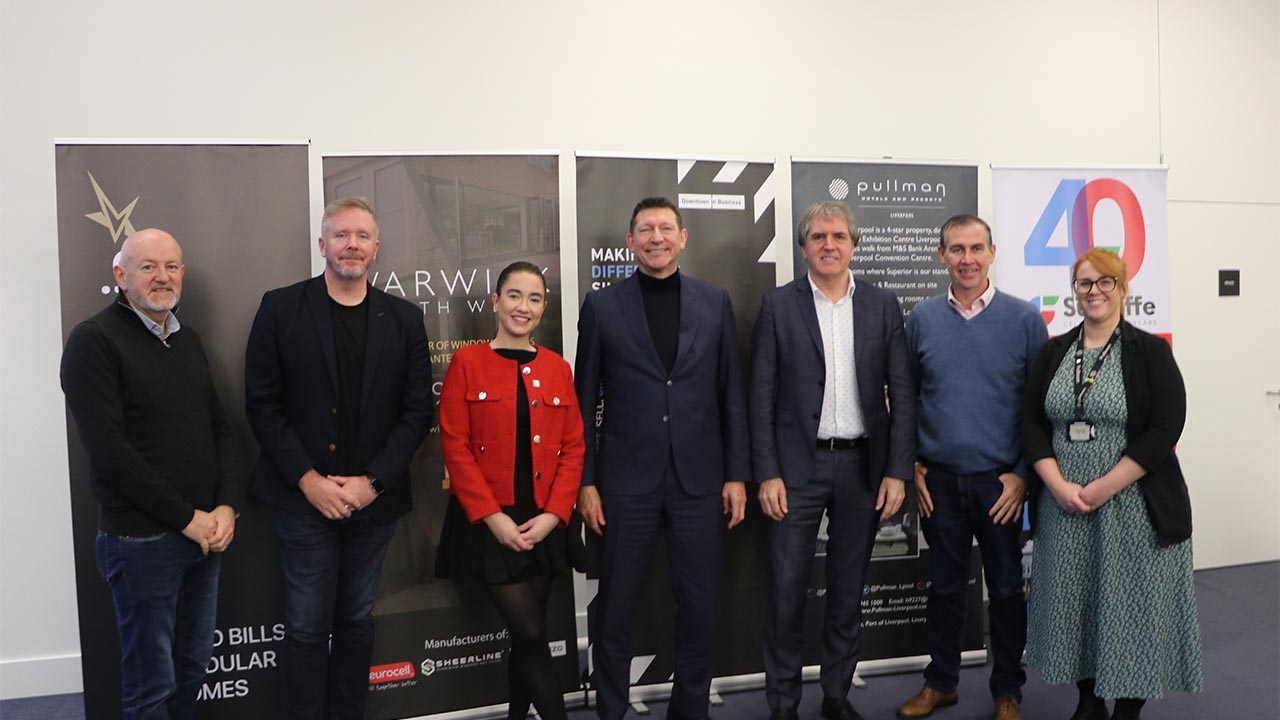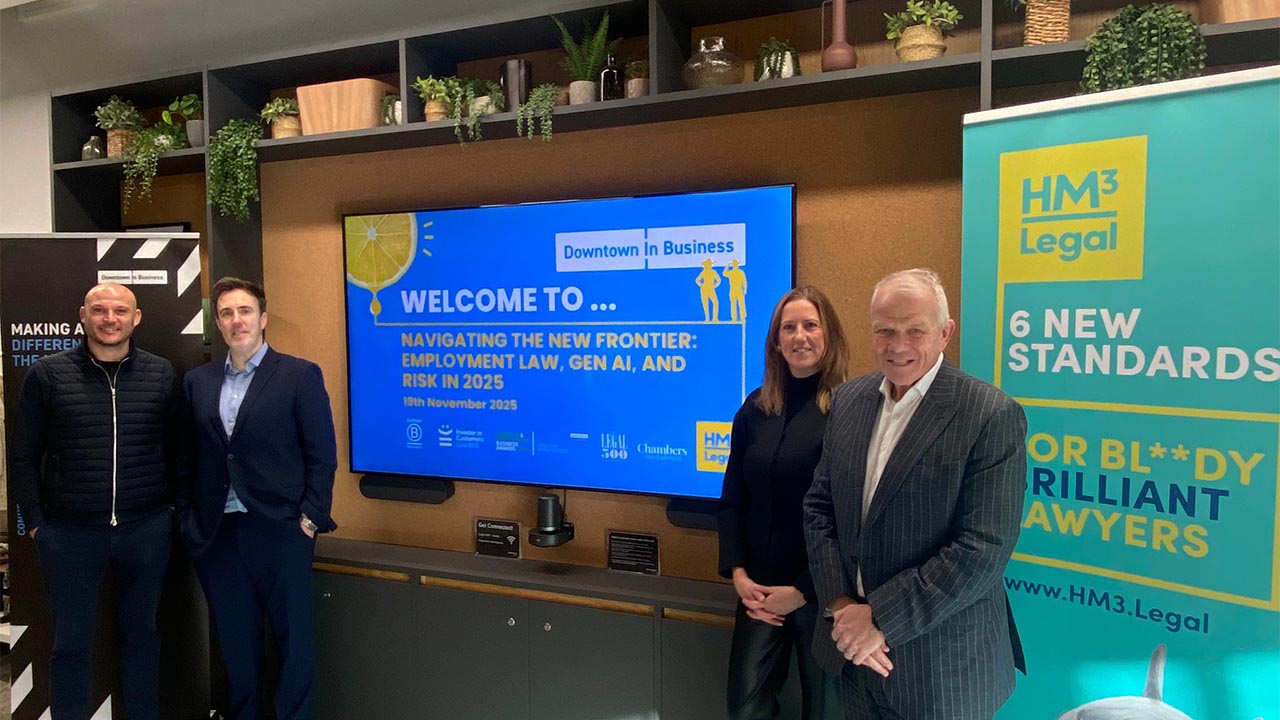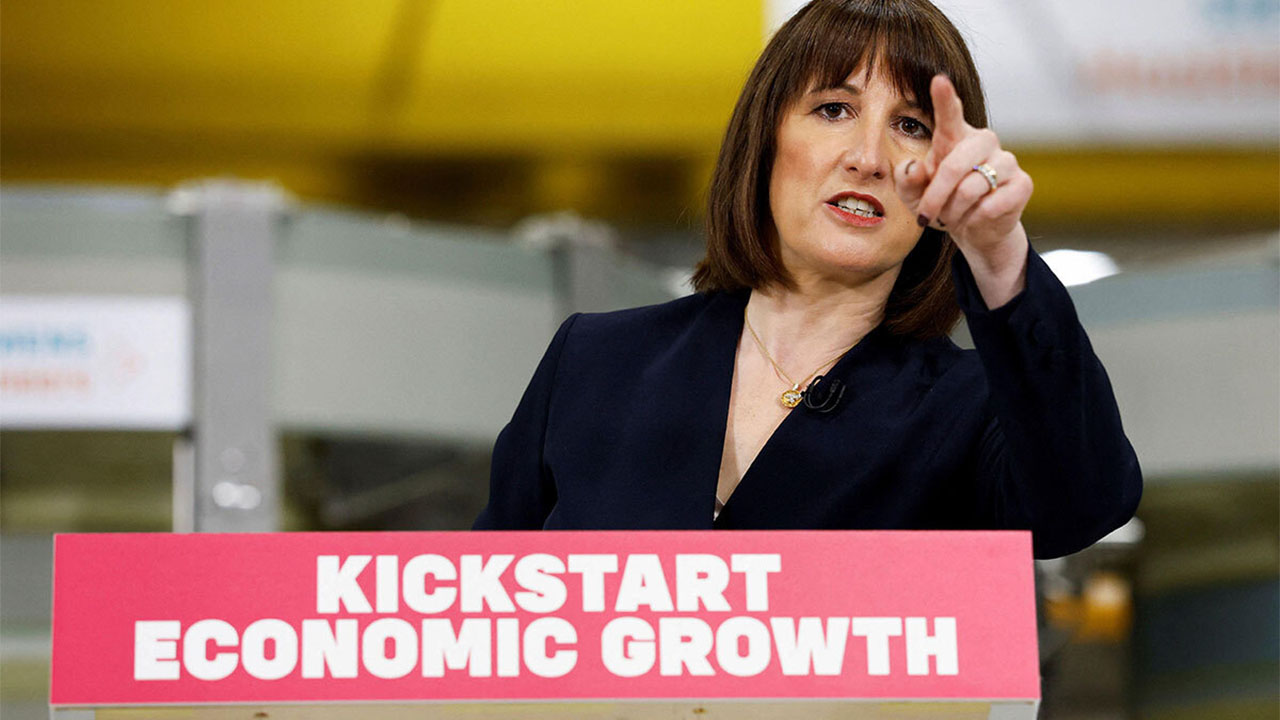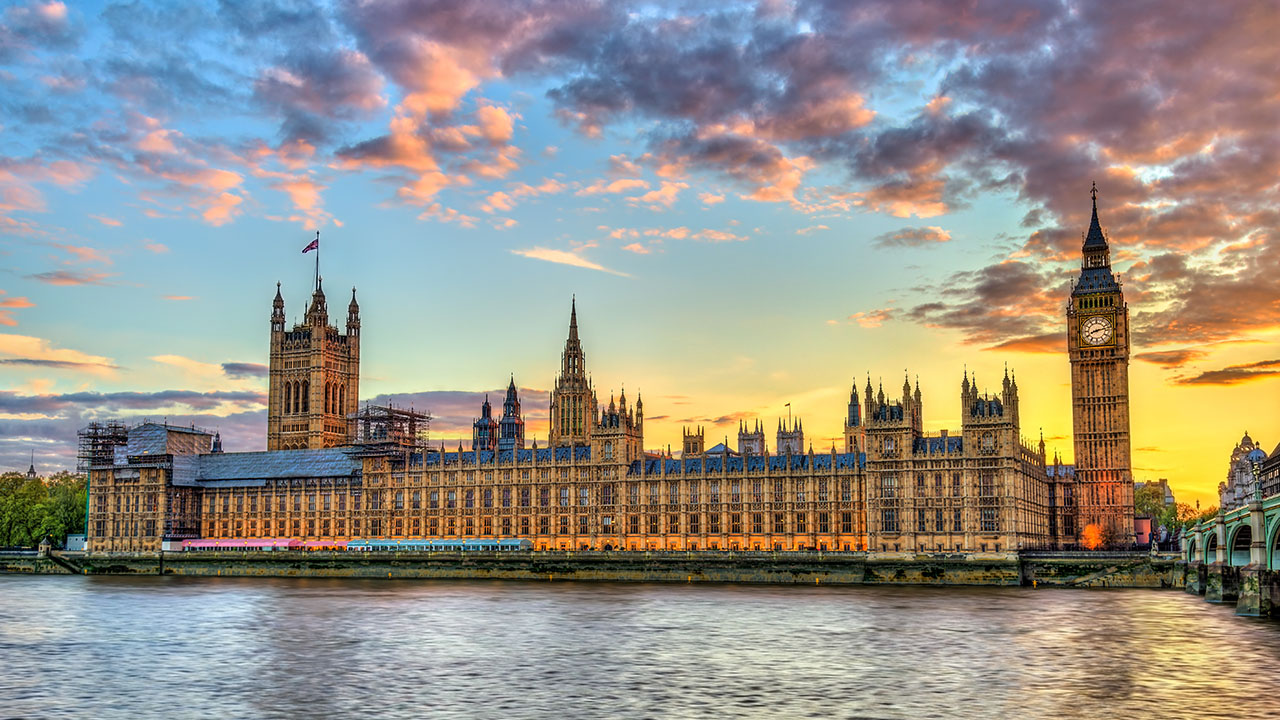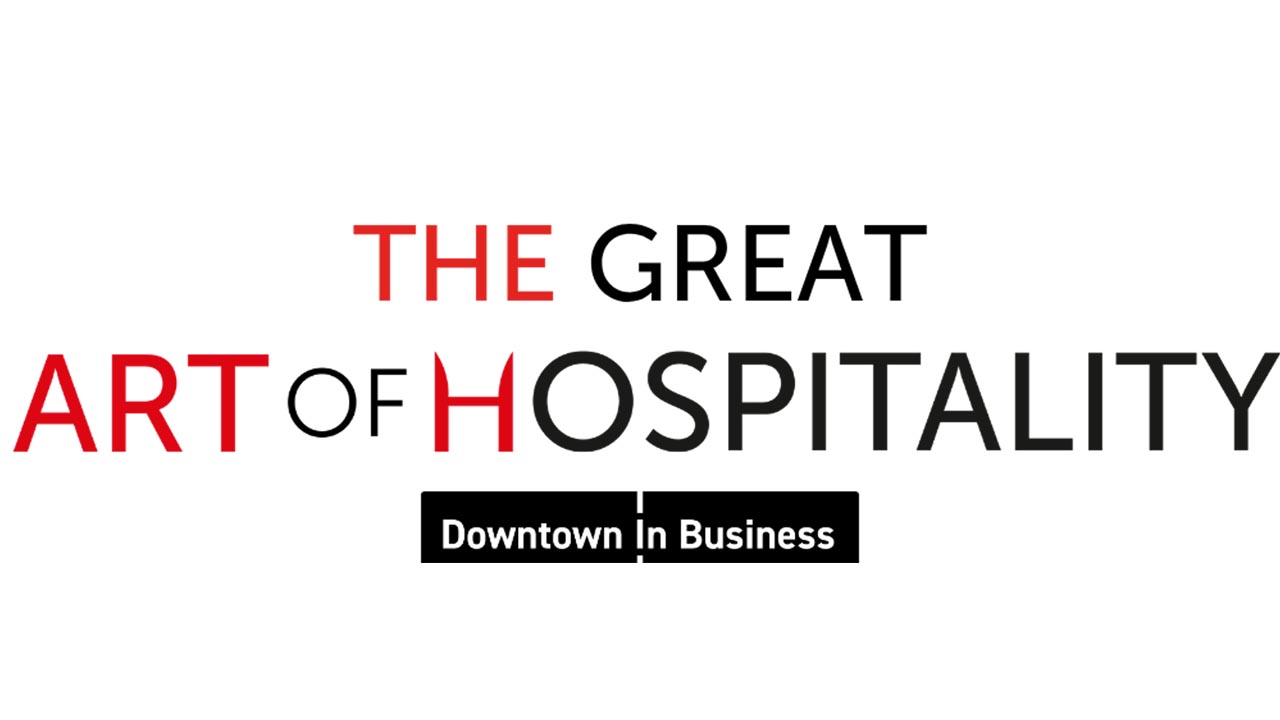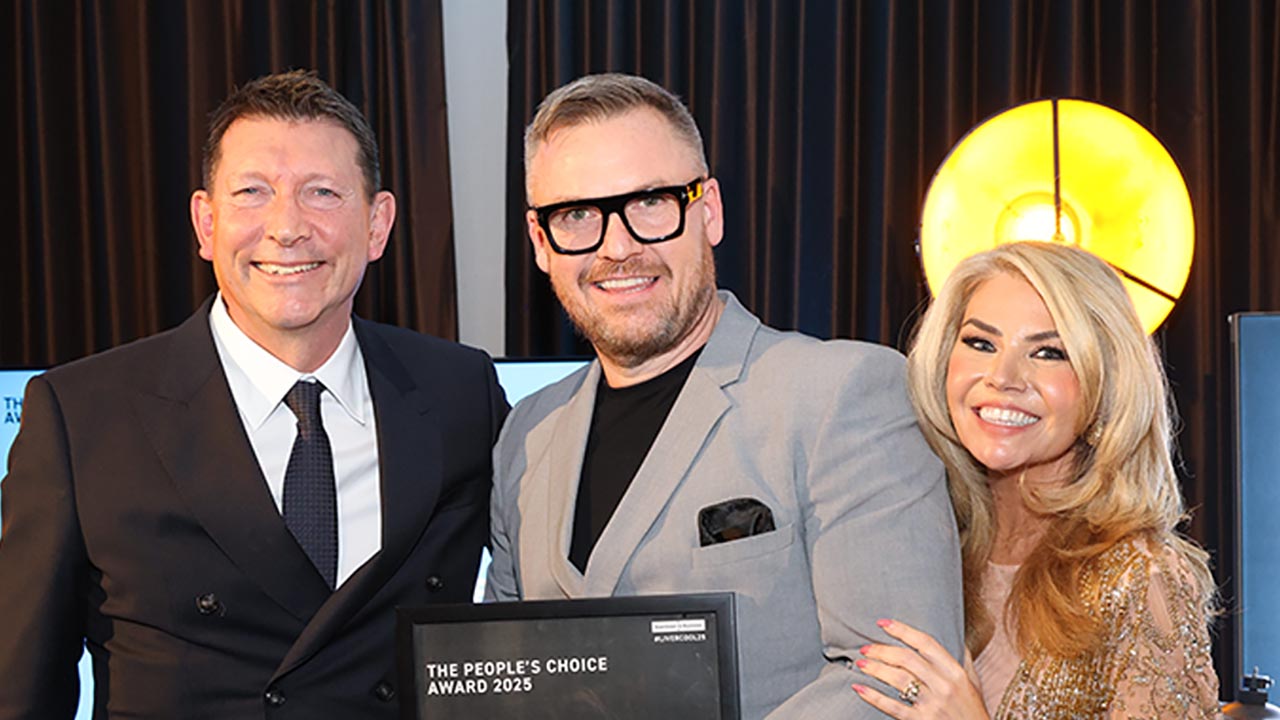The more things change, the more they stay the same. Many predicted that Sir Howard Bernstein’s departure as chief executive in 2017 would lead to a deterioration in the performance of the city. Others now suggest similar doomsday scenarios as long-term leader Sir Richard Leese has stepped aside.
However, Manchester, the capital of the Northern Powerhouse, continues to go from strength to strength. Despite the pandemic, the city has continued to attract investment, maintain momentum, and has more strategic regeneration projects on the go than you can shake a stick at. Factory on the old Granada TV site, a £200m arts venue in the heart of the city; Gary Neville’s St Michaels scheme, which includes office space and a rooftop restaurant; and the Co-op Live arena in East Manchester, a 23,500-capacity indoor music and sports arena next door to Manchester City’s Etihad Stadium, a £350m project, are among a whole host of new developments that are currently in the process of being delivered.
Complimenting the, quite literally building back better optimism in Manchester, is the investment pouring into its nearby neighbouring authority Salford, whose chief executive Tom Stannard and mayor Paul Dennett are driving forward an equally ambitious agenda in their city.
Recent studies suggest that Manchester is attracting young talent as well, with more under-30s moving to the city than any other location in the UK, and the new leadership team of chief executive Joanne Roney and Leader Bev Craig, herself just 36, have the confidence of the business community to maintain the city’s place as the benchmark for others to match.
Inevitably, like all cities, challenges lie ahead. The United City group, founded by Downtown in Business chief executive Frank McKenna, alongside Gary Neville, Lisa Morton of RDPR, Bruntwood’s Chris Oglesby, and OBI boss Will Lewis, will be keen to push on with their campaign to get people back into the city centre – to work, rest, and play. How quickly Manchester can increase its footfall will determine the future of many of the city’s bars, restaurants, and hotels.
The proposed plans to introduce a congestion charge, that is not being called a congestion charge, to support Greater Manchester’s clean air zone ambitions, will face opposition, and the speculation that high-profile mayor Andy Burnham may be returning to Westminster sooner rather than later (good news for the Labour Party, if not the city-region) are also challenges that lie ahead.
Nevertheless, there are few, if any, UK cities, that seem better placed than Manchester to recover with speed from the ravages of the past two years. And, as much as some outside the city may view the place with green eyed monster envy, the fact is that a strong Manchester is good for the economy of the north.
One to Watch: Bev Craig. The new City Council leader will want to make her mark quickly, and set out her agenda for the future of a city that has seen huge progress in terms of economic growth and regeneration – but has struggled to make that work for some of the more deprived areas of Manchester and its residents.
Places to be seen: The Bull & Bear and the Stock Exchange Hotel. The old favourite, and ever-improving Piccolino, and the impressive tapas bar Tast are all worth a visit. For an overnight stay, the 5-star Lowry Hotel, and INNSiDE by Melia are highly recommended.
Key Downtown Events:
10th February: Sir Howard Bernstein
17th February: Karen Smart, Managing Director, Manchester Airport Group



